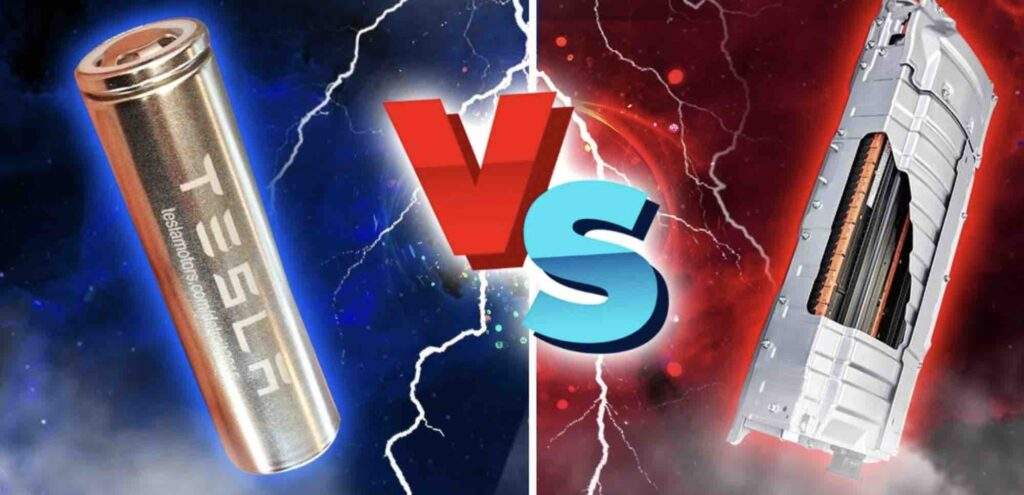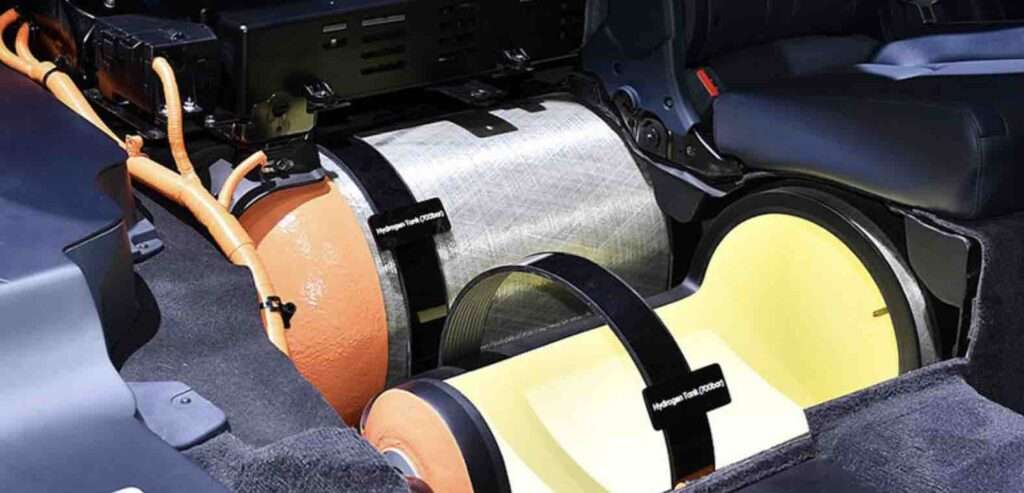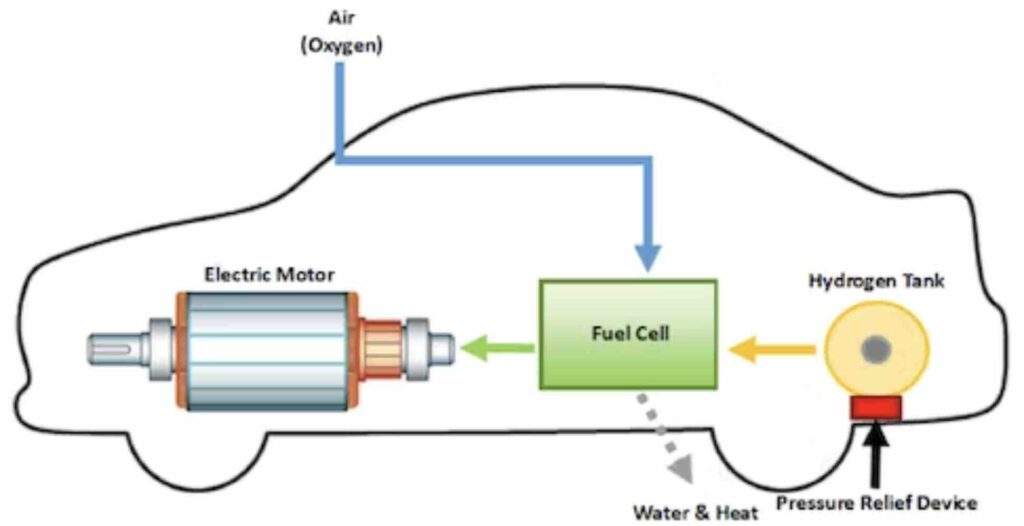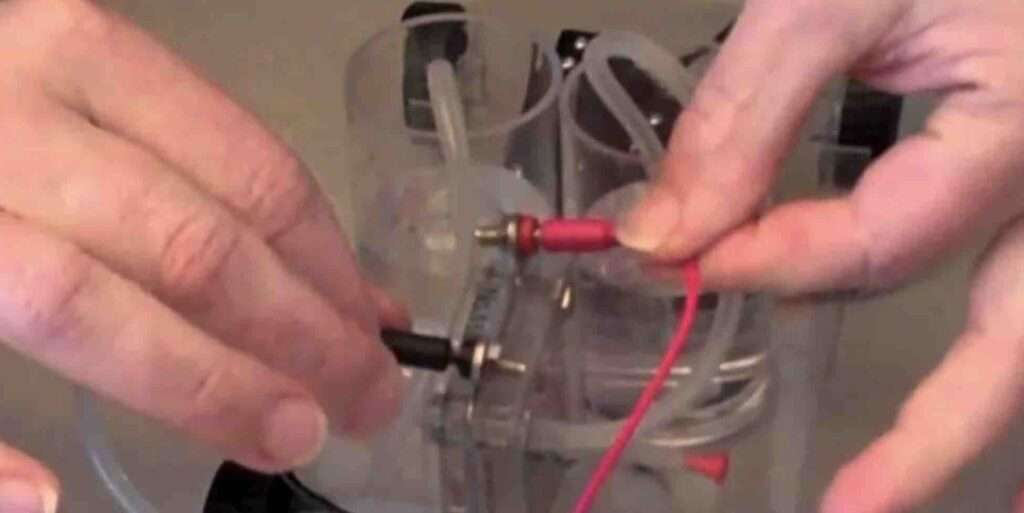Car batteries need to produce energy to allow your car to perform the basic functions it is created for. This makes problems related to battery charging systems challenging to resolve. In summary, your car won’t operate without an adequate power supply.
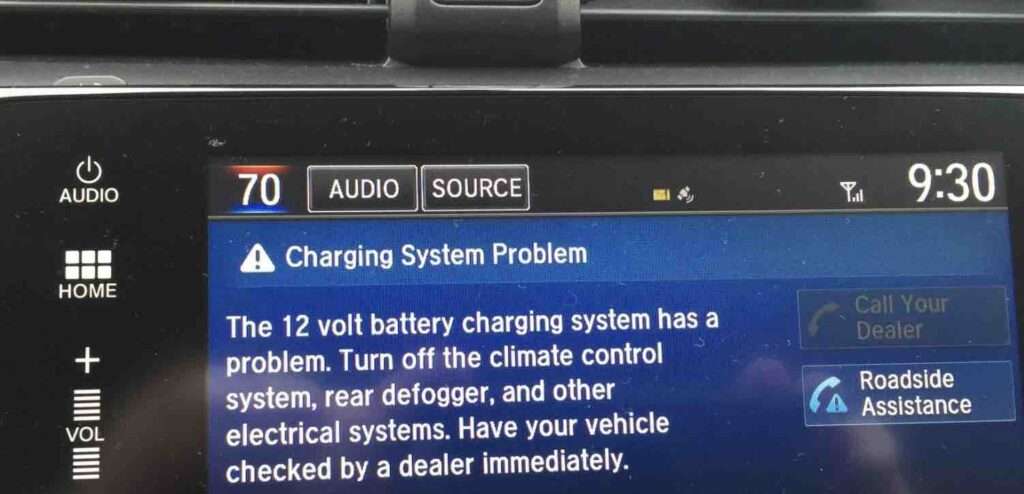
When your car develops power issues, you need to call in a mechanic as soon as possible. Your mechanic will be able to check to see if your car only has minor issues or if it requires some parts replacements.
Although other components of the power-generating systems and elements could cause the same issues, technicians have proven that the battery is often the root cause. Please continue reading to find out more about the causes of 12-volt battery charging system problems and how to fix them.
What Does The Charging System Problem Mean?
Charging system problems mean your car cannot generate or maintain the necessary power needed by the vehicle. If the battery charging mechanism is malfunctioning, there are several factors that can cause this, but a bad alternator is the most frequent culprit.
Issues related to serpentine belt loosening or an issue with your car’s electrical system are some other frequent causes you need to watch out for. Fixing this issue as soon as possible is very important. If not, your engine will eventually develop serious issues that might leave you stranded when you least expect.
What Causes The Charging System Problem?
1. Broken or Worn Alternator Belts
Your alternator needs to work hand in hand with a steady power supply to function properly. A defective or unfastened fan belt tensioner or worn bearings on other pulleys may also be to blame for a slipping belt. When the alternator belt gets worn out, it won’t turn, or at most, it will turn very slowly.
2. Power Loss
This is the most obvious cause and even effect of charging system issues. Among other prominent signs of a failing charging mechanism, this one is easier to notice. To prevent this, watch out for dull or flickering inner car lights, or headlights getting dim continuously. If you completely lose power, you will need to call a mechanic over.
3. Bad Connection
Ask your mechanic to check the battery clamps’ tightness and clean places where there are important connections. If you can’t seem to find the problem yourself, contact your technician. It is important to check out the important connections and wirings within the alternator as well as all of the fusible links to see if any are burned.
4. Faulty Fuse
Power working in hand with fuses is important in keeping things running in a moving car. Vehicle electrical networks are made up of cables and fuses, for electricity to be transmitted, they have to be in good shape. Car fuses can get faulty at any time, therefore it is important to pay attention to them. You can simply change the blown fuse, yourself and get the car battery charged.
5. Indicator Light Failure
Many modern vehicles come equipped with a dashboard warning light that comes on when problems or troubles start to arise with the charging system. By paying attention to these lights, you will be able to troubleshoot issues before they escalate. As time goes on, these alert systems are likely to get faulty, however, a good mechanic can help you fix things up.
How to Fix the 12-Volt Battery Charging System Problem
1. Examine the battery.
Checking your car battery should be the first step to take. The failure of the charging system could be due to a worn-out or low car battery. If the car battery is faulty, you simply need to get a replacement.
2. ECU check/update
The ECU (Electronic Control Unit) will need to be taken into account if you are unable to identify any other issues with your vehicle. If it is faulty, it can harm the battery, alternator, and other parts of the charging system. Doing it yourself isn’t advisable without having the required experience or expertise.
3. Eliminate Bad Wiring
The charging system consists of numerous wires and harnesses, all of which must function properly to keep everything working smoothly. All of the charging equipment will experience issues if one wire, connector, or harness is damaged.
4. Examine the fuses.
The next thing you should check is the fuses if the alternator is not the issue. There are a number of fuses in the charging system that could blow and result in issues. Simply locate the fuse box and take each fuse out one at a time to examine the fuses.
How Do You Diagnose A Charging System Problem?
To diagnose your charging system, all you have to do is follow the steps below;
- First, turn on your engine and car lights. If the lights start out bright before gradually fading, this means that your alternator is not supplying enough charge.
- In the cases where your battery is already dead, you will need to jumpstart your vehicle. Your car battery is bound to get drained eventually if the alternator is damaged. This is because the battery won’t be recharged.
- The last step is to test the level of charge in your battery with a voltmeter or multimeter of good quality.
Note: When your car is turned off, your voltmeter reading should be about 12.6, and when it comes on, it should read between 14 and 15 volts.
Voltage readings under 13.5 indicate that the alternator does not supply enough power required for charging your battery.
How Much Does It Cost To Fix A Charging System?
Overall, the cost to repair a charging system issue might range from $45 to $1,200. Your least expensive problem can be replacing a fuse, voltage regulator, or connector.
The cost of diagnostics might go up significantly depending on some factors. One of which is if the specialist charges hourly to carry out a full-on analysis. Due to the requirement for a skilled technician for high-end cars, you can also anticipate the price to be more expensive.
Conclusion
All cars, modern and old require a steady supply of power to function properly. This makes the charging system a very import part for all vehicles. We have covered a lot of ground on charging system problems and how to get them fixed. We hope this article will be useful in helping you take better care of your vehicle.
Related Article:
- Various Kia Connect Packages, Which is Best? (UVO & Massachusetts)
- How Long Does A Tesla Battery Last When Fully Charged?
- Why is Kia Forward Collision Avoidance Assist not Working & Fix

Uchenna is a Radiographer and Auto parts mechanic who recently got his automotive diploma as an auto repair technician, and since then, has worked on fixing various car problems.
Working as just a radiographer, Uchenna didn’t just get all the fulfillment he desired, because he truly loved doing things tilted toward cars. As a kid, he would take apart his toy cars to see how they worked and would spend hours tinkering with his bike.
So, in 2017 he made the tough decision to become an auto mechanic. He threw himself into his studies and now loves every aspect of what he does.
He gets to work with his hands, solving problems and bringing cars back to life, and sharing his knowledge and easy quick-fix guide online are all part of what makes him feel fulfilled.

